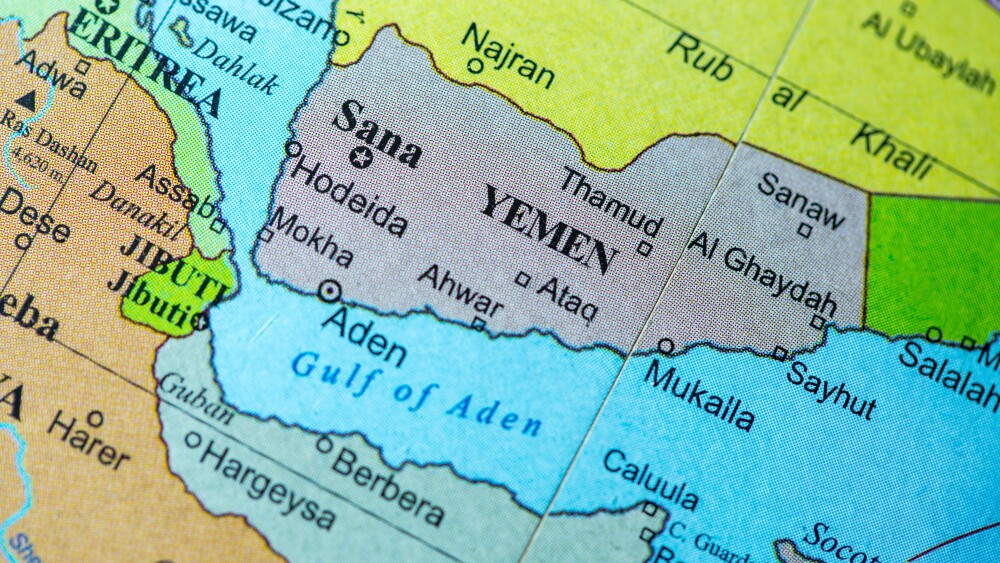Somalia collapsed in 1991, its economy and state structures destroyed by dictator Siad Barre, a man with no legitimacy beyond his clan but who had for decades grifted first off Moscow and then Washington. He fled first to Kenya and then Nigeria, where he died in exile four years later.
As Somalia descended into state failure, one region stood aloof: Somaliland. Once independent, Somaliland recognized that its stability and security depended on its self-determination and so reasserted its independence.
While foreigners cannot walk the streets of Mogadishu or the Somali port city of Kismayo, Somaliland’s capital, Hargeisa and port city Berbera are safe.
Today, Somaliland has been independent of Somalia for longer than it was ever part of it. While kleptocracy and militias continue to dominate Mogadishu and much of the rest of Somalia, and Somalia has never held free, one-person, one-vote elections, Somaliland embraced democracy. It was the world’s first country to secure voter registration with biometric iris scans; voters decided one presidential election by less than 100 votes out of more than 1 million cast.
While foreigners cannot walk the streets of Mogadishu or the Somali port city of Kismayo, Somaliland’s capital, Hargeisa and port city Berbera are safe; my then-9-year-old daughter walked around the capital without security, annoying locals by trying to play with livestock, and went swimming in the Gulf of Aden during a siesta. While Somalis come to the United States as refugees, Somalilanders come after receiving scholarships to some of America’s most prestigious universities, such as Massachusetts Institute of Technology, Harvard, and Yale.
Yet, in recent years, the State Department has treated Somaliland as a pariah. Even as Mogadishu has stolen billions of dollars in aid and embraced China, ambassadors such as Donald Yamamoto and Larry André Jr. sought to isolate Somaliland under the guise of a “One Somalia” policy, preaching that Somalia’s unity was a national interest.
The substance of this policy was little more than an empty mantra repeated ad infinitum. In reality, Somaliland, with its pro-Taiwan policy, democracy, Western orientation, business-friendly climate, and demonstrated ability to deny territory to terrorists and interdict weapons smugglers, was the clear party most conducive to U.S. interests. Put another way, Yamamoto was like a game show contestant who, instead of choosing a new boat, picked out a cat carcass and then insisted to everyone he picked right.
Today, the U.S. is edging closer to recognizing Somaliland, but Secretary of State Marco Rubio appears intent on repeating the mistakes former Secretaries of State Hillary Clinton, John Kerry, and Tony Blinken made in Yemen.
Just as Somalia never elected a leader fairly, so too is much of Yemen a black hole for democracy. The late Yemeni President Ali Abdullah Saleh came to power in a coup and dominated politics for decades, first in North Yemen and then, after 1990, in a unified Yemen.
Yemeni unity, like Somali unity, was an experiment that never paid off. Culturally, the two Yemens are night-and-day different.
Yemeni unity, like Somali unity, was an experiment that never paid off. Culturally, the two Yemens are night-and-day different. South Yemen is more liberal and cosmopolitan; North Yemen is traditionally conservative.
While Western officials rightly denounce the Houthis’ coup and military conquest of the Yemeni capital Sanaa, the reality is that the Zaydi sect from which the Houthis hail has often controlled Yemen. While South Yemen today seeks to secure its coastline, Western investment, and good relations with the U.S. and its former colonial power, the United Kingdom, North Yemen and many political groupings in the U.S.-recognized Presidential Leadership Council pursue quiet ties with Iran, Russia, and Al Qaeda in the Arabian Peninsula.
The State Department is preparing to welcome Rashad Al Alimi, an unelected figure who, like Somali President Hassan Sheikh Mohamud, presides over a Cabinet of corruption, most often from abroad. Yet, even as South Yemen has established itself as the country’s only stable, secure, and Western-oriented region, Rubio’s State Department continues its predecessors’ policy of treating South Yemen as a pariah.
Diplomats repeat a mantra about “One Yemen” being a U.S. interest, but never explain why. Increasingly, it appears because they cannot.
Published originally on September 17, 2025.








